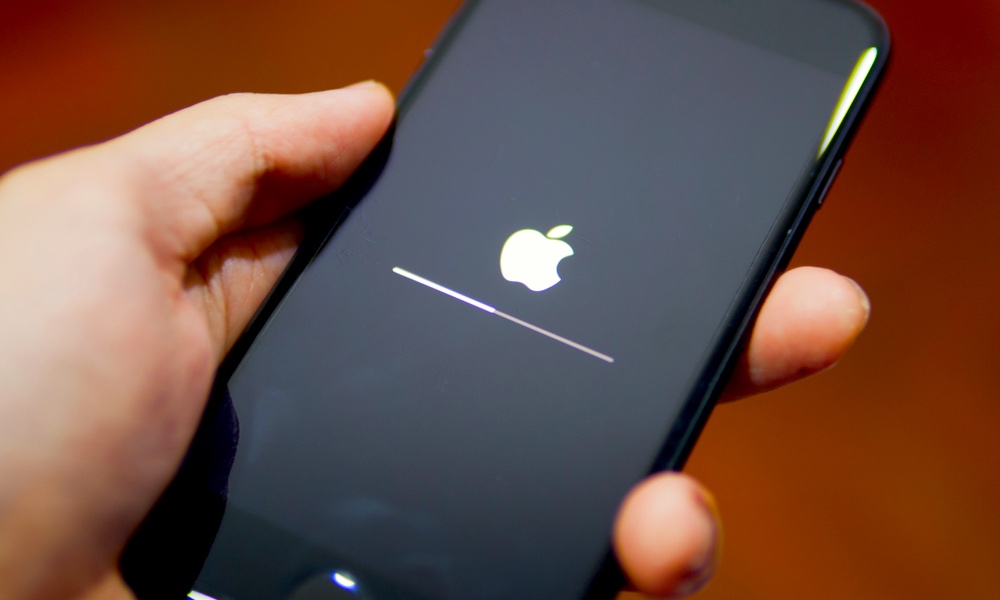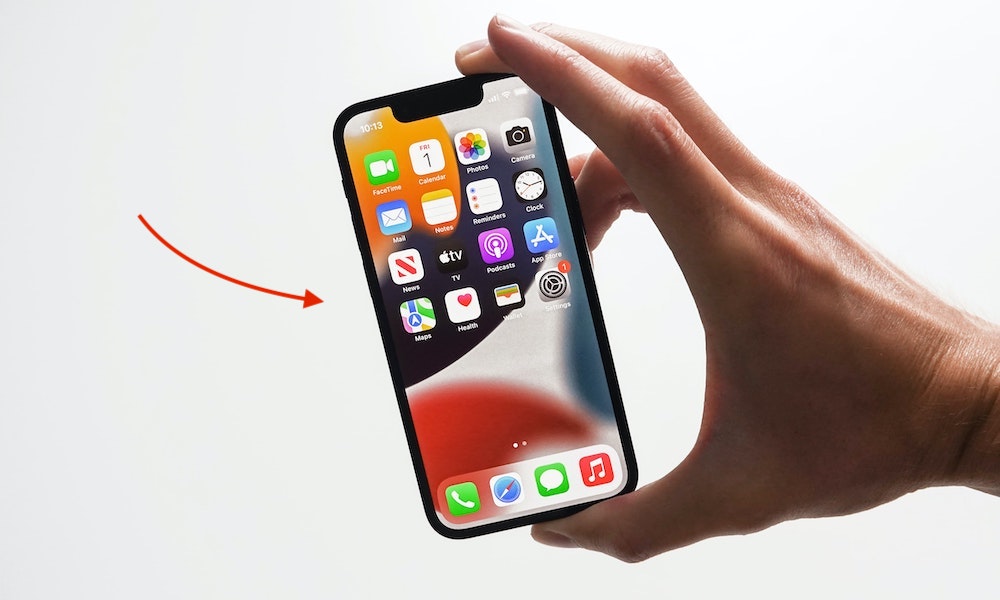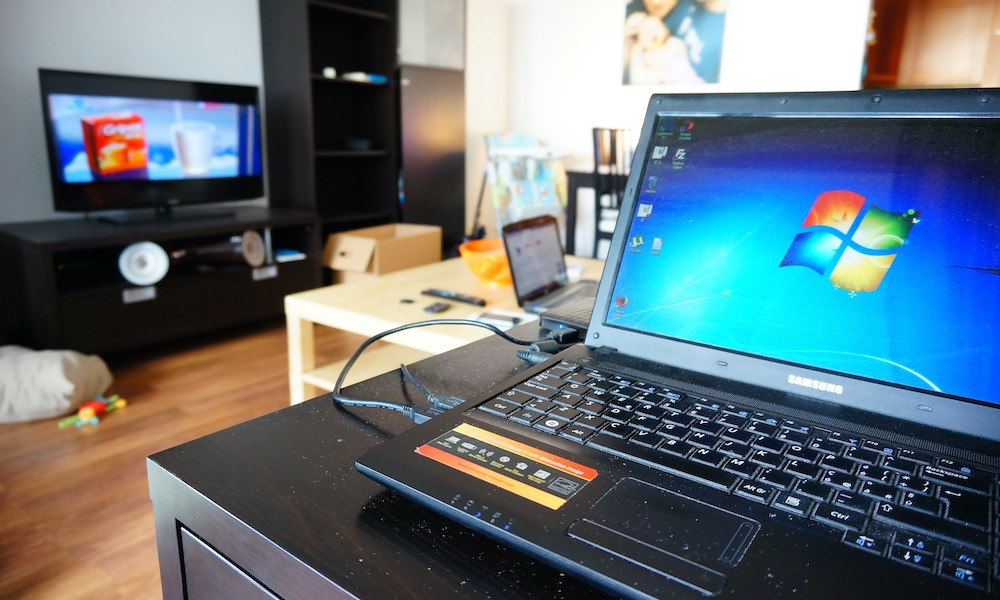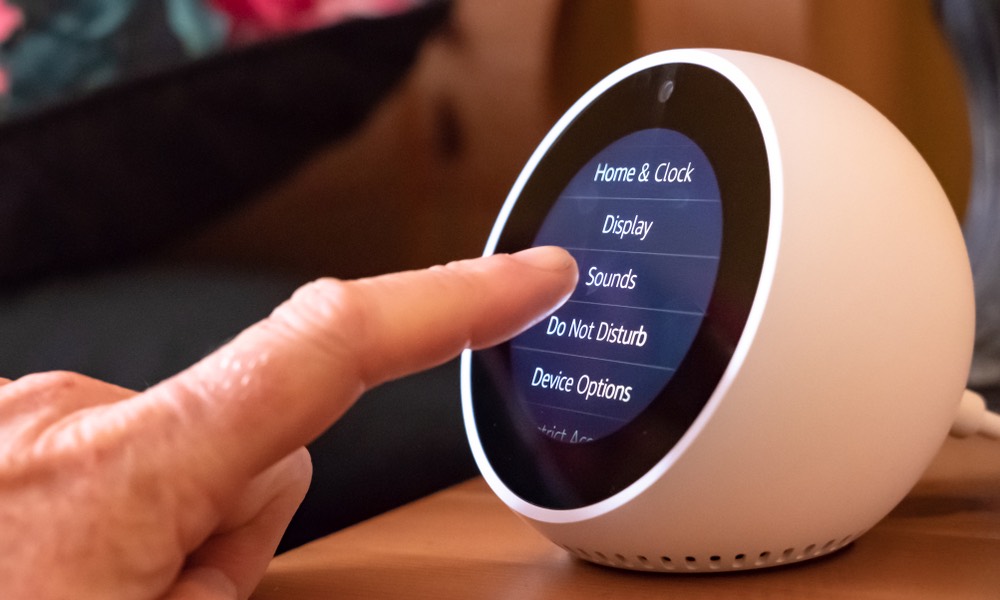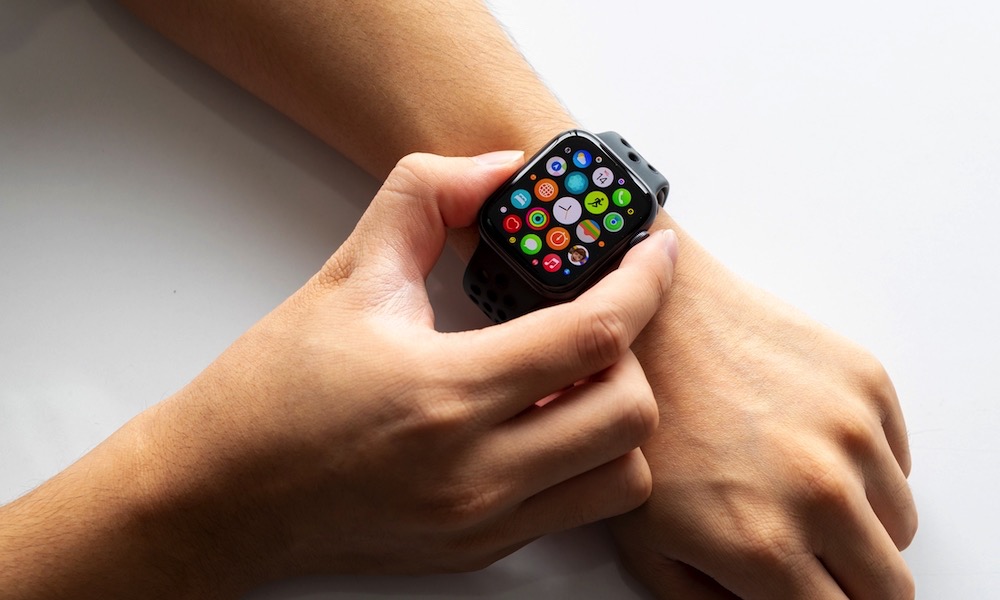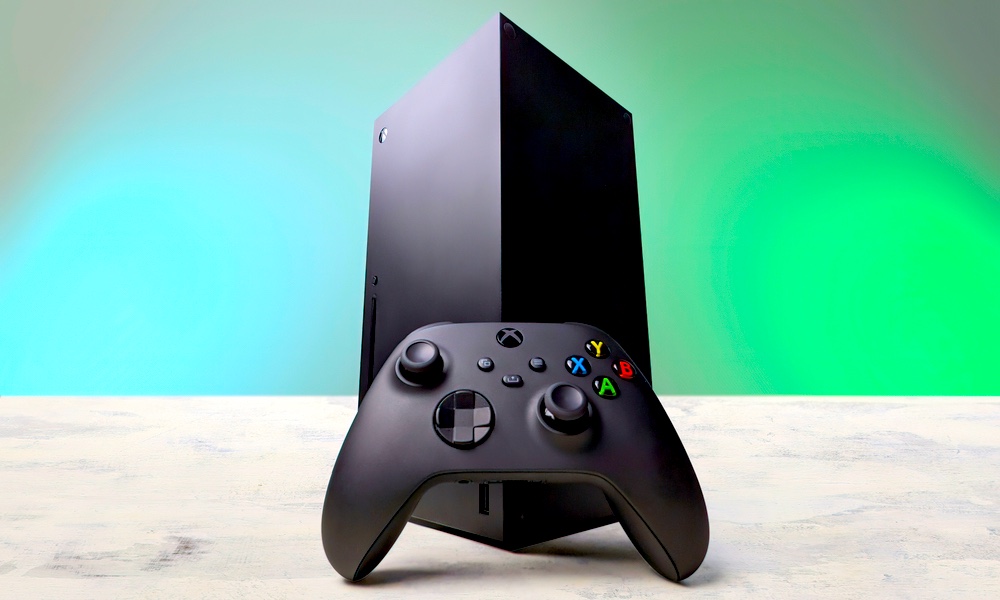FAQ | How Often Should I Reboot My iPhone, iPad, Apple Watch, Mac, and/or Game Consoles?
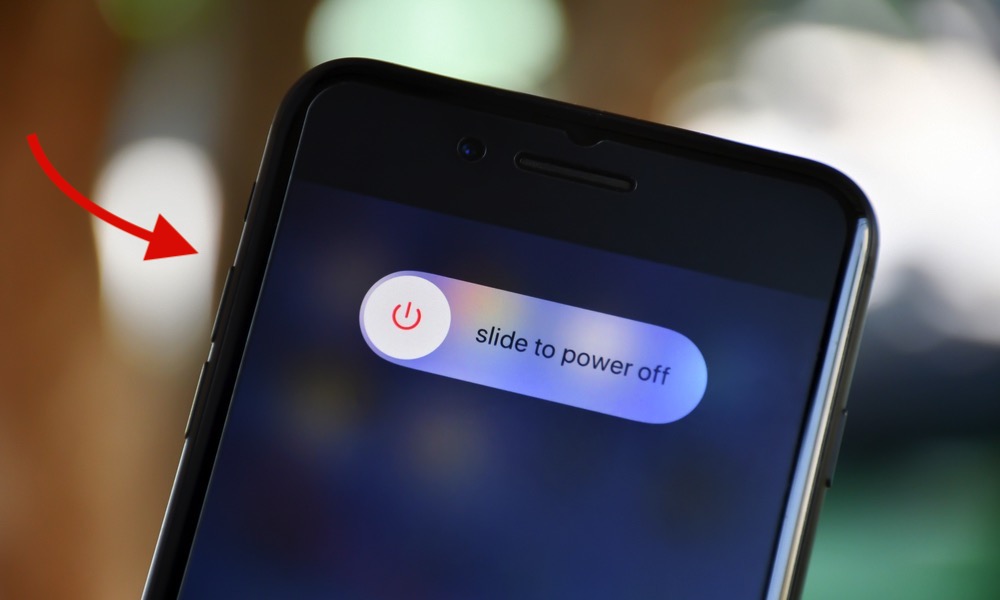 Mdisk / Shutterstock
Mdisk / Shutterstock
Believe it or not, most devices need some rest every once in a while, whether it's your iPhone, iPad, or your laptop. Of course, your devices don't need to rest the same way we do – they get along just fine after you restart them. In fact, even if it sounds like a joke, a lot of problems you face with your devices can be fixed by simply turning them off and back on again. But that raises the question, how often should you do it? Is there a specific time you should wait or just do it when you start to see problems? First off, let's understand why restarting or rebooting your devices is a good idea. Continue reading to learn what you need to know!
Why Do I Need to Restart My Devices?
Restarting your device is a way of giving your device a fresh start. But why is that? Well, after you restart your computer, for example, any background issues or compiling errors in code basically get erased. Not only that but the RAM your computer was using gets wiped clean, too, freeing it from any workload that was causing issues.
Yes, it's quite literally a fresh start for your devices. Restarting your device will often give your RAM more room to work since it won't be loaded with all the previous apps and issues, and any app that had problems will start from scratch, increasing the chance of removing the bug that was causing problems.
The other reason is that your device might have installed a new software update, but it needs to be rebooted to install it. Since the update might have a new security patch or a bug fix, you should restart your computer as soon as possible.
When Should You Restart Your Devices?
There actually isn't one straight answer. It all depends on the devices you are working with. With that said, if you want a general rule, you should reboot your devices once per week – that includes your iPhone or iPad and your computer or Mac. Of course, there are some differences between all these devices, so let's look at them individually in the next slides.
iPhone or iPad
When it comes to your iPhone and iPad, you should restart them once per week. As we said, this will help wipe the memory clean, and it might make your iPhone or iPad feel like it's working faster. You might not feel like it needs it, but the older your device gets, the more it's going to need a quick reboot.
PC or Laptop
When it comes to your PC or laptop, it'll depend on what type of model you have. If you have an older model, you might want to reboot it at least once per week. If you're working with a more powerful computer, you'll probably be fine if you restart it once or twice per week. However, if you feel your computer's slowing down or you have a software update pending, you should restart it at that moment.
Mac
Macs are better at not needing to be restarted for a long while compared to Windows computers. But that doesn't mean you should always keep them in sleep mode. Just like laptops, you'd be fine if you restart your Mac once every two weeks. But if you have a software update or see your Mac's running slower than usual, you should try restarting it immediately.
HomePod or Amazon Echo
If you have a HomePod, HomePod mini, or any other smart speaker for that matter, you shouldn't worry too much about restarting it constantly. The good thing about these types of devices is that they aren't constantly under a lot of pressure, so they won't need to be rebooted as often. You should only reboot it when necessary. That is, when you have a software update or if it's malfunctioning in some way – likely once a month. Other than that, you should be good.
Apple Watch
Even though your Apple Watch does a lot of work every day, it doesn't really need to be restarted as often as your iPhone. If you have a really old Apple Watch that's starting to run slower; you can try restarting it once a week alongside your iPhone or iPad. If not, you'd only need to reboot it if you're having any issues with the Watch or there's a software update available.
Gaming Consoles
If you have a Nintendo Switch, PS5, or Xbox Series S/X, you won't need to reboot your console as often as you may think. If you're using your console every day or every other day, you'll be fine with just putting it to sleep. You might only need to restart it if you're experiencing technical problems or if you need to install a software update. Other than that, gaming consoles are made to be put to sleep. It's recommended that you turn it off completely if you're not going to use it for several days.
The Problem with Rebooting Too Much
As we mentioned, rebooting your computer might be the easiest way to solve issues you're having, but that doesn't mean you should do it constantly. Restarting your devices too often might cause more harm than good. If you do it way too often, you might end up damaging your hard disk, battery or power supply, and even your motherboard.
If you're still having issues after you restart your computer, you should try other methods to solve the problem or contact tech support. Don't restart it constantly until the problem is hopefully "fixed."

